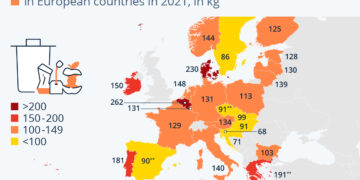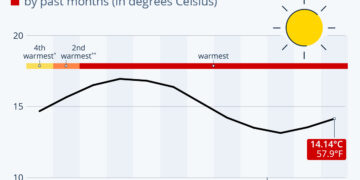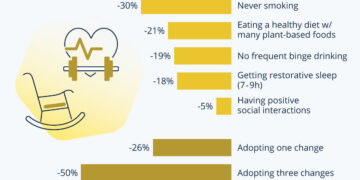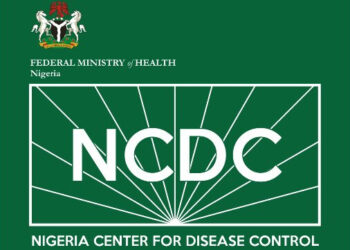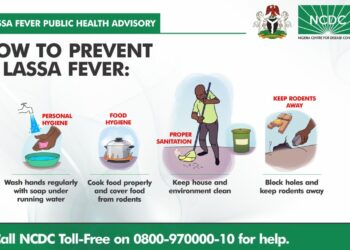In response to the World Health Organisation (WHO) and Africa CDC’s declaration of Mpox as a Public Health Emergency of Continental Security (PHECS), Nigeria has ramped up its preventive measures. The Nigeria Centre for Disease Control and Prevention (NCDC) has placed all entry points, including airports, seaports, and land borders, on high alert.
Dr. Jide Idris, Director General of NCDC, announced yesterday in Abuja that nine states and the Federal Capital Territory are now under increased surveillance. These include Lagos, Enugu, Kano, Rivers, Cross-River, Akwa-Ibom, Adamawa, Taraba, and Abuja.
Since the beginning of the year, Nigeria has recorded 39 confirmed Mpox cases across 33 states and the FCT, with zero deaths reported. Bayelsa and Cross River lead with five cases each, followed by Ogun and Lagos with four cases each.
The situation in Africa is more severe, with 2,863 confirmed cases and 517 deaths reported across 13 countries. Dr. Idris attributed this alarming increase to a new strain of the Mpox virus that emerged in eastern Congo and has spread to Kenya, Rwanda, and Uganda.
To combat the spread, the Nigerian government is considering a vaccination program for high-risk groups and hotspot areas. The country is expecting to receive 10,000 doses of the Jynneos vaccine, which has shown a favorable safety profile.
Dr. Idris emphasized the NCDC’s efforts to intensify coordination and communication with stakeholders to manage the virus’s spread and prevent disease importation. He explained that Mpox is a rare viral zoonotic disease, endemic in several African countries, particularly in the tropical rainforests of Central and West Africa.
While the exact reservoir of the virus remains unknown, rodents, squirrels, and monkeys are suspected to play a role in transmission. The virus can spread from animals to humans and between humans through direct contact with infected blood, body fluids, skin, or mucosal lesions.
Symptoms of Mpox include fever, headache, body aches, weakness, swollen lymph nodes, and a characteristic rash. The public is advised to stay vigilant and report any suspected cases to health authorities promptly.
As Nigeria strengthens its defenses against Mpox, citizens are urged to practice good hygiene and avoid close contact with potentially infected animals or individuals showing symptoms. Stay tuned for further updates from the NCDC on this developing situation.
#MpoxAlert #PublicHealth #NCDCNigeria #AfricaHealth




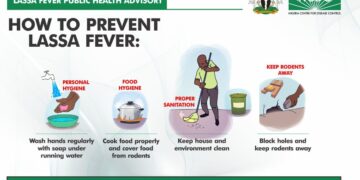

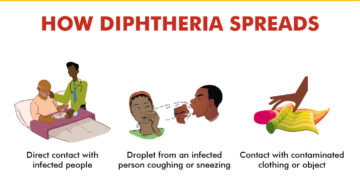





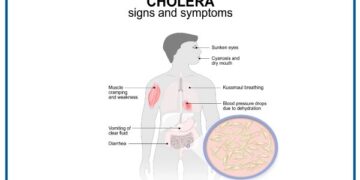
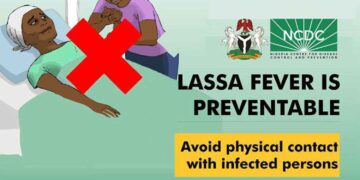
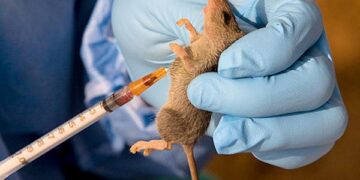



![Antimicrobial Resistance [AMR] in Hausa](https://healthtoday.com.ng/wp-content/uploads/2024/02/antimicrobial-resistance-AMR--360x180.jpeg)




